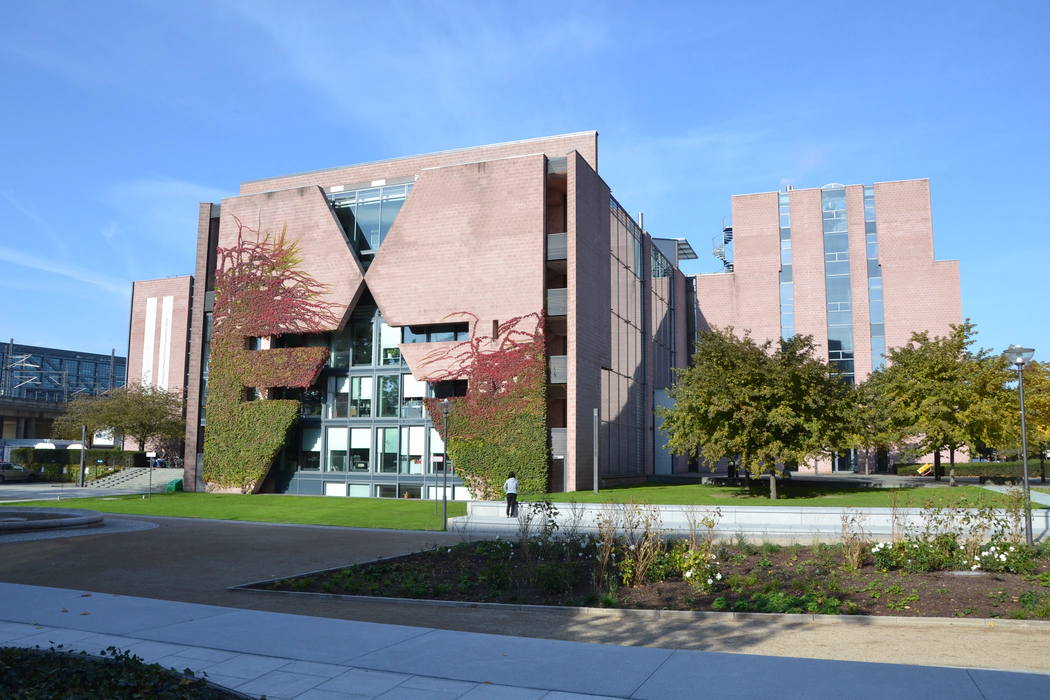Do Certain Mosquitoes Transmit Malaria More Effectively Than Others?
DOI:
https://doi.org/10.21036/LTPUB10972Researcher
Elena Levashinais Group Leader of Vector Biology at the Max Planck Institute for Infection Biology. She has previously held the positions of Research Director and Research Assistant at CNRS in Strasbourg. With interests in cellular and molecular biology, Levashina’s research helps us to understand the mechanisms of mosquito malaria transmission. Elected a member of the European Molecular Biology Organisation in 2010, Levashina was awarded the Prix Jaffé of the French Academy of Sciences in 2011

Original Publication
Mosquito Microevolution Drives Plasmodium Falciparum Dynamics
Markus Gildenhard,
Evans K. Rono,
Assetou Diarra,
Anne Boissière,
Priscila Bascuñán,
Published in
Citation
Elena Levashina,
Latest Thinking,
Do Certain Mosquitoes Transmit Malaria More Effectively Than Others?,
https://doi.org/10.21036/LTPUB10972,
Credits:
© Elena Levashina
and Latest Thinking
This work is licensed under CC-BY 4.0
